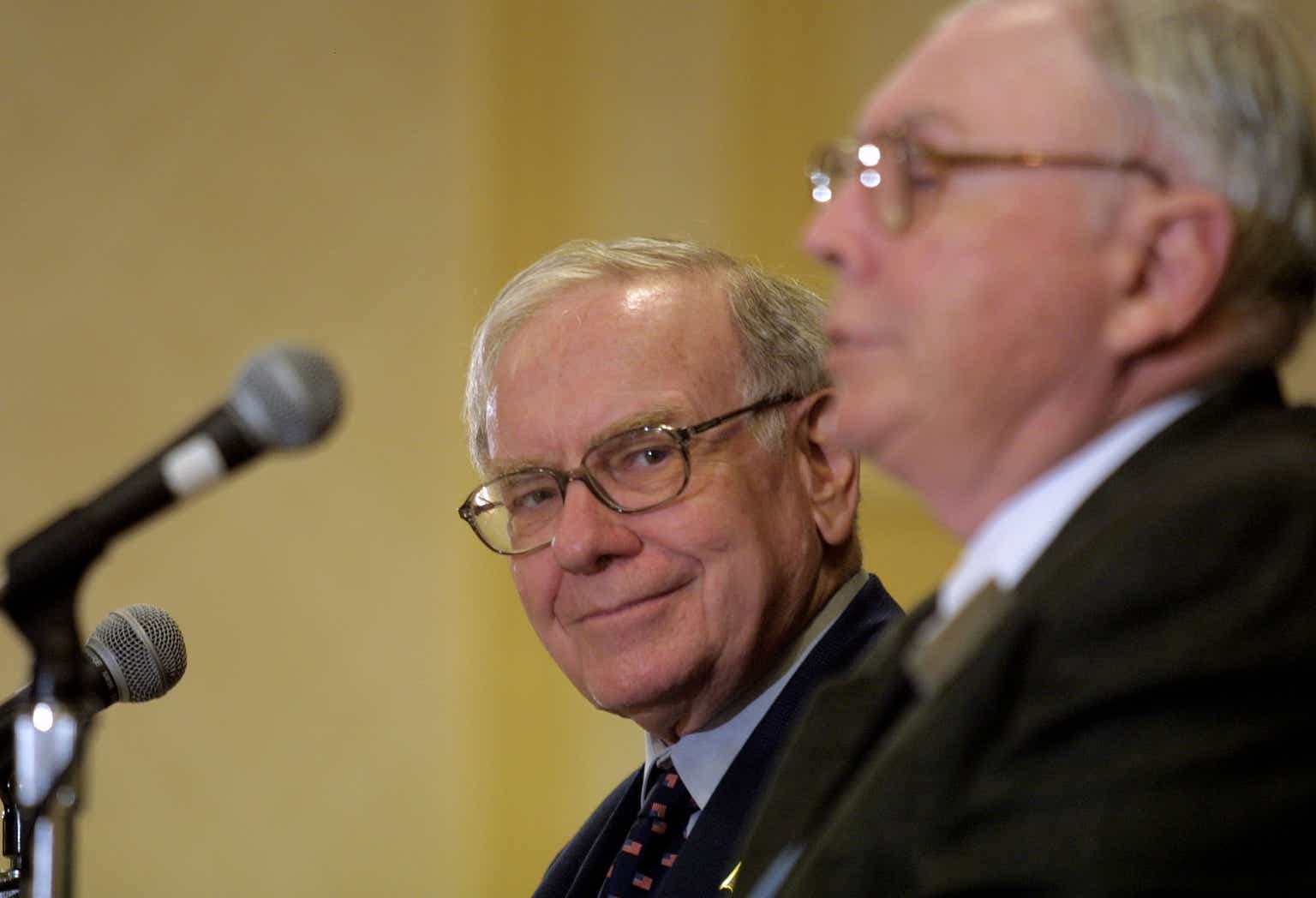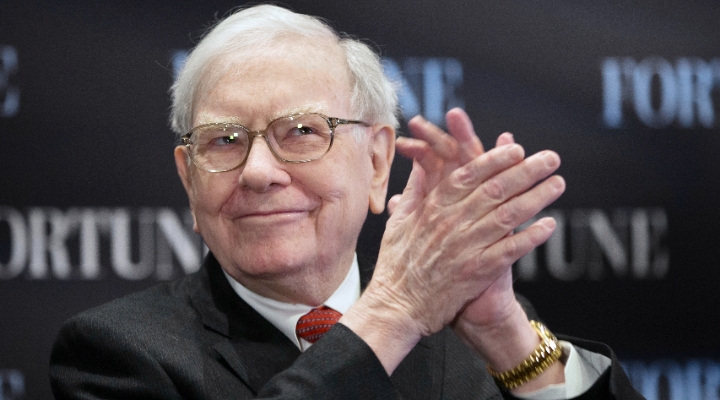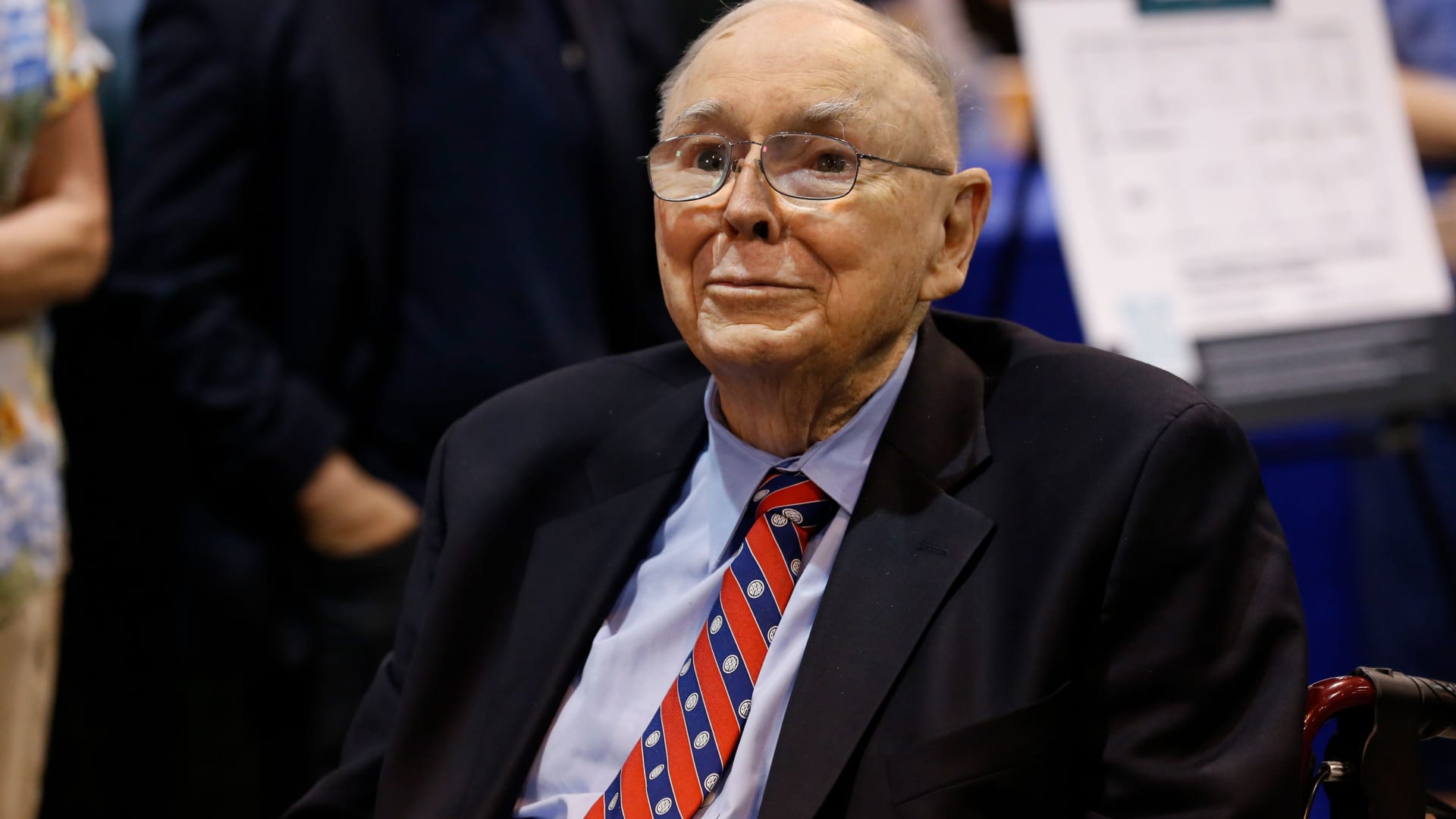






Luiz Barsi, an 84-year-old former shoeshine boy, has become one of the richest people in Brazil through his success in the stock market. With a fortune estimated at $800 million, Barsi is known as the 'Brazilian Warren Buffet' for his investing acumen [0aa2a93c]. Despite his wealth, Barsi continues to work every day, driven by his addiction to the stock market and the fear of returning to poverty. His investment philosophy involves buying large amounts of shares when prices are low, focusing on 'perennial' sectors such as energy, banking, and paper products. Barsi is critical of the Brazilian government's lack of investment in wealth generation and is not supportive of either President Luiz Inacio Lula da Silva or former President Jair Bolsonaro.
Charlie Munger, Warren Buffett's partner at Berkshire Hathaway, faced numerous challenges in his life, including the loss of his 9-year-old son to cancer, going blind in one eye, and financial difficulties after a divorce. Despite these hardships, Munger became one of the most successful investors of his time. He emphasized the importance of avoiding envy, resentment, revenge, and self-pity, and instead using misfortunes as opportunities for growth. Munger's journey exemplifies resilience and the ability to transform adversity into wisdom [a22a3f74] [191b5b84].
Both Barsi and Munger provide valuable lessons in resilience and success in the face of adversity. Their stories inspire individuals to overcome challenges and pursue their goals in the world of investing. Unfortunately, Charlie Munger, the investing sage and longtime partner of Warren Buffett, has passed away at the age of 99 [91e15012]. Munger played a crucial role in shaping Buffett's investment strategy, emphasizing the importance of buying high-quality companies at fair prices. He was highly regarded for his contributions to Berkshire Hathaway and the field of value investing. Munger's death marks the end of an era in the world of investing, but his wisdom and impact will continue to inspire future generations [91e15012]. Charlie Munger believed in buying great companies at reasonable prices and was willing to consider buying cheap, low-quality companies if they presented a good opportunity. He was a strong advocate for investing in China, stating that the Chinese economy had better prospects than most other major economies. Munger praised the leading companies in China, which he believed were stronger and better than many other companies worldwide. He also acknowledged the importance of investing in technology companies like Apple, as they often outperform other sectors. Munger discussed Buffett's investments in Japanese trading companies, which he attributed to cheap borrowing costs and attractive dividend yields. He expressed his dislike for US billionaire John Malone's financial manipulations and algorithms used by hedge funds like Renaissance Technologies. Munger emphasized the need for careful analysis and avoiding excessive leverage. His final words on investing highlighted the importance of selecting a few companies that outperform the market. He believed that having exposure to these exceptional companies was crucial for investment success [4ea334c9]. Charlie Munger, vice chairman of Berkshire Hathaway, passed away at the age of 99. Munger emphasized the importance of investing in companies that outperform the market. He advised value investors to adapt to a competitive landscape with fewer opportunities. Munger expressed his admiration for Costco and his long-term commitment to the company. He acknowledged that investing in stocks and real estate can be challenging but emphasized the need to persevere. Munger believed in focusing on a few investments where he had an advantage. He recognized the significance of owning stocks with above-average performance. Munger cautioned against following the herd and highlighted the benefits of patient investing. He stressed the importance of seizing exceptional opportunities and avoiding mediocre ones. Munger compared capitalism without failure to religion without hell. He predicted that the millennial generation would face difficulties in accumulating wealth due to high asset prices and low interest rates. Munger advised investors to seek bargains and criticized the use of EBITDA as a misleading measure of earnings. The most important lesson that Charlie Munger taught the author as an investor is the importance of thinking clearly. Munger emphasized the need to break down complex situations into their fundamental elements, avoid fads and panics, and focus on the fundamentals. He prioritized long-term value over short-term gains and recognized his own limitations by staying within his 'circle of competence'. The author shares how they are implementing Munger's clear-thinking approach in their portfolio by avoiding chasing trends and focusing on undervalued businesses. They also highlight the importance of patience and the enduring value of Munger's investment philosophy. The article concludes by mentioning the risks associated with investing in securities that do not trade on major U.S. exchanges and introduces the author and their role in a high-yield investor community on Seeking Alpha [48eb0b0e] [191b5b84].
The success of US capitalism is also discussed in the article from EMEA Tribune. The author, a British investor, recognizes the capacity for innovation and reinvention in the US and heavily invests in US index funds. The US economy is expanding, stock prices are up, and New York's capital markets are attracting foreign businesses. However, highly indebted corporations are facing financial strain, leading to rising bankruptcies. Despite this, the author remains bullish on the US due to rebounding earnings. The article also touches on Elon Musk's controversial remarks, the decline of meme stock trading, the need for collective responsibility in combating climate change, and the potential for project finance investors to get involved in carbon capture initiatives. It mentions the challenges of reducing emissions in the aviation industry and the possibility of tougher taxation for airports to spur green investment. The author concludes with personal reflections on sustainable living and the limitations of stock picking for FT staff writers [774def0b] [3236421f].